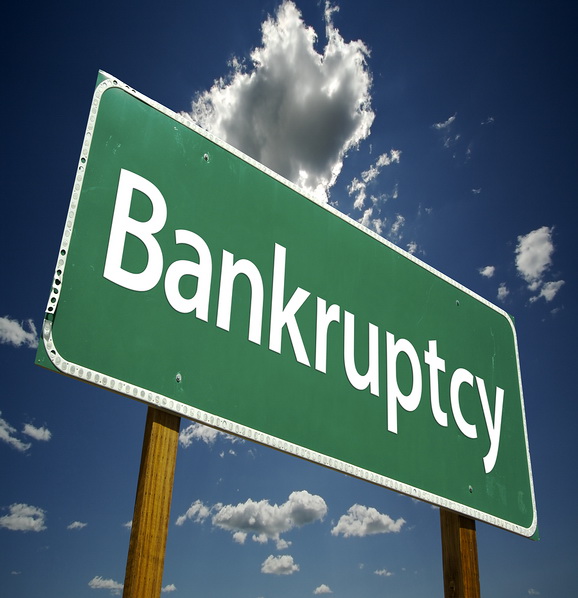 If you’re not running a sole proprietorship, lawsuits against your business aren’t automatically “stayed” by your personal bankruptcy filing.
If you’re not running a sole proprietorship, lawsuits against your business aren’t automatically “stayed” by your personal bankruptcy filing.
In most instances, a bankruptcy filing, through the power of the automatic stay, halts any lawsuit against you and your business or prevents a threatened lawsuit from being filed in court. But there are a few exceptions to this rule; situations in which the automatic stay would not apply.
In these cases, a creditor’s lawsuit could continue in spite of your bankruptcy filing.
Because stopping such a lawsuit is likely one of the reasons you’re filing bankruptcy, it’s extremely important to understand these exceptions.
The automatic stay protects YOU, not any other “person.”
The automatic stay protects the “person” filing bankruptcy and his/her assets. Other “persons” are generally NOT protected. The issue is whether you and your business are considered to be the same or separate “persons” for this purpose.
If your business is a sole proprietorship, the law considers you and your business to be the same “person.” So a lawsuit against the business would be stopped by your personal bankruptcy filing.
But what if your business was set up as a corporation, a limited liability company (LLC) or a partnership?
Business litigation against your corporation, LLC or partnership
If your business was set up as a corporation or LLC and is still operating when you file a personal bankruptcy, that filing does not “stay” any litigation against the corporation because it is a separate legal entity, a separate “person.” To the extent the dispute and/or lawsuit is against you personally, that portion would be stayed.
But this may not help much if the lawsuit continues to disrupt and threaten your business.
If your corporation or LLC is no longer operating but still owns assets, those assets are not protected by your personal bankruptcy filing. This includes property that your business owns outright, such as anticipated receivables and assets that are used as collateral on business loans, auto loans or equipment loans. Your personal bankruptcy filing will not stop a creditor or adversary from seizing these business assets.
If your business is a partnership at the time of the bankruptcy filing, creditors and adversaries can continue pursuing the partnership and its assets, as well as your partner and his/her assets, in spite of your personal bankruptcy filing. That’s because partners are generally jointly liable for the obligations of a partnership, and your partner and the partnership itself are both “persons” separate from you. So you have the same problem outlined above.
The bottom line
If your business legally qualifies as a separate “person” and has assets that need protection, you may have to file a separate bankruptcy, presumably a Chapter 7, to make an orderly distribution of those assets to the appropriate creditors.
Before you file a bankruptcy petition, speak with a knowledgeable attorney to discuss debt relief options for your business. You can reach our firm at (302) 225-8340 or use this online form to email us.
